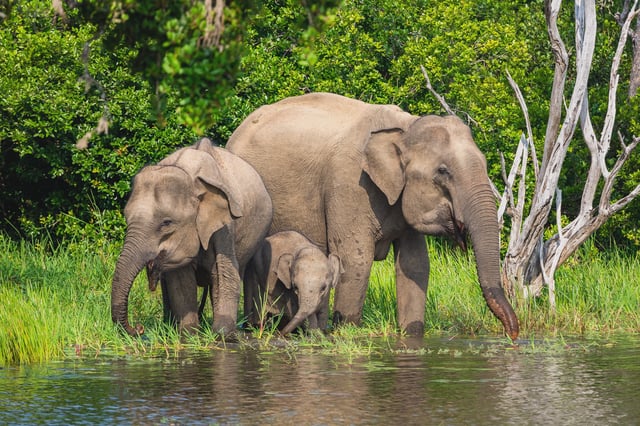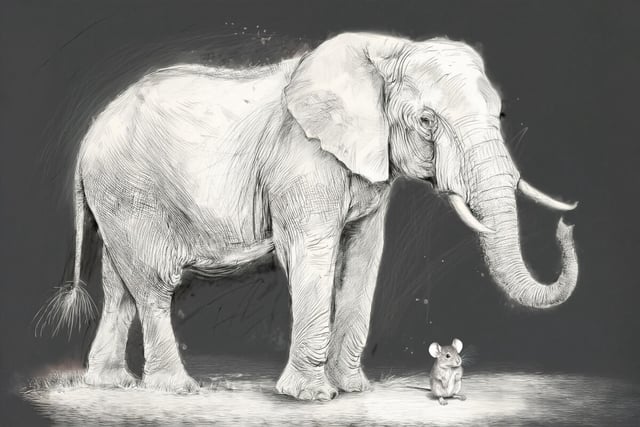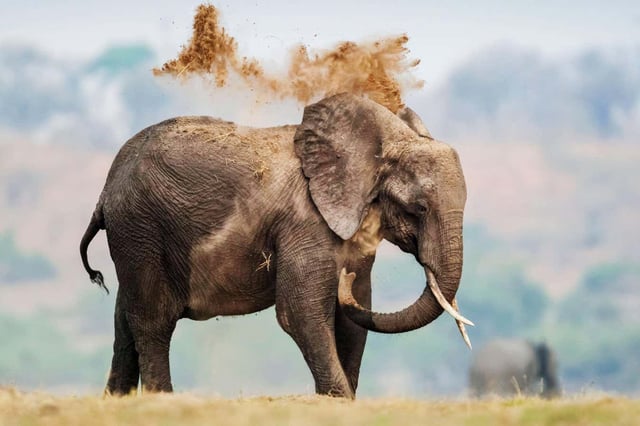Overview
- A study analyzing 263 species reveals a direct link between larger body size and higher cancer prevalence, challenging the long-held belief known as Peto's paradox.
- Researchers found that species evolving larger sizes rapidly, such as elephants, developed advanced cancer defenses, mitigating but not eliminating increased risks.
- Elephants, despite their size, have cancer rates comparable to much smaller animals like tigers due to multiple copies of the tumor-suppressing TP53 gene.
- Outlier species include budgerigars, with cancer rates 40 times higher than expected for their size, and naked mole rats, which show exceptional cancer resistance.
- The findings could inform human cancer research by studying animals with unique cancer resistance mechanisms, paving the way for potential medical breakthroughs.


